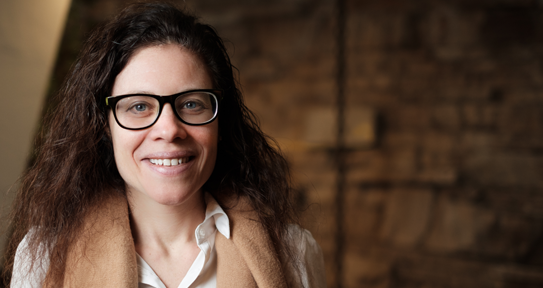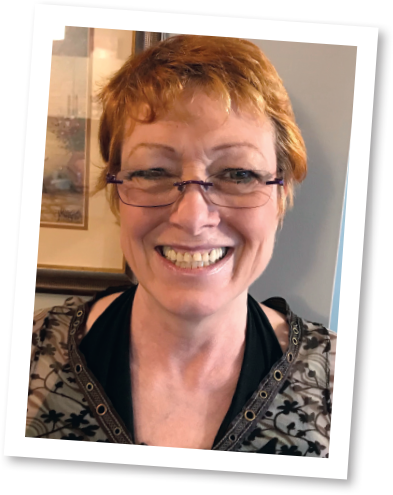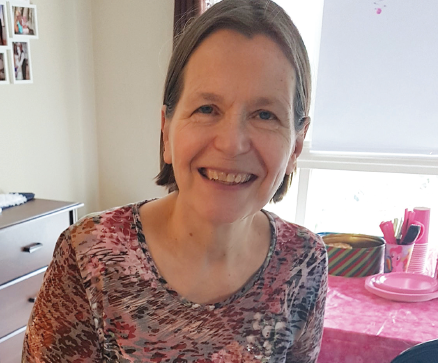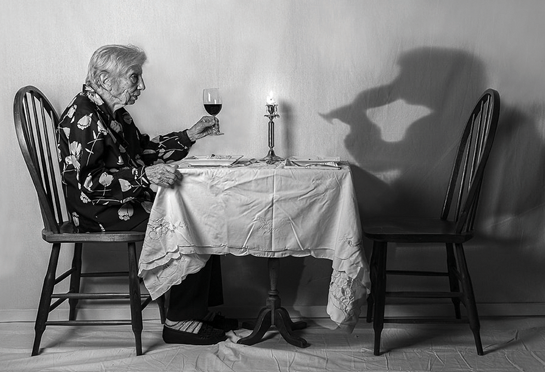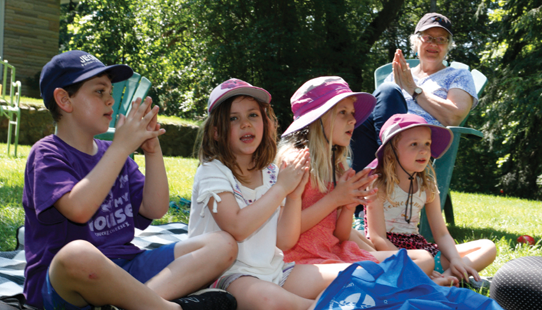Pauline Tardif named co-chair of Ministerial Advisory Board on Dementia
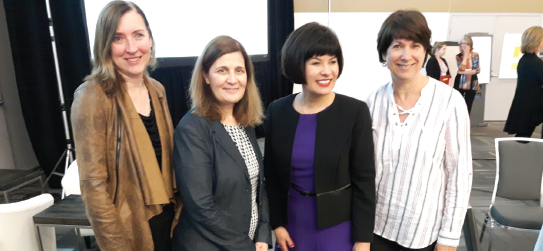 L-R: Maria Howard, CEO, Alzheimer Society of BC; Pauline Tardif, CEO, Alzheimer Society of Canada; The Honourable Ginette Petitpas Taylor, Federal Minister of Health; and Wendy Schettler, CEO, Alzheimer Society of Manitoba.
L-R: Maria Howard, CEO, Alzheimer Society of BC; Pauline Tardif, CEO, Alzheimer Society of Canada; The Honourable Ginette Petitpas Taylor, Federal Minister of Health; and Wendy Schettler, CEO, Alzheimer Society of Manitoba.
The Alzheimer Society of Canada is pleased to announce that our CEO, Pauline Tardif, has been named co-chair of the Ministerial Advisory Board on Dementia. The Board will advise Federal Minister of Health, Ginette Petitpas Taylor, as the Government of Canada begins to develop a national dementia strategy.
“I’m extremely honoured and privileged to co-chair the Advisory Board and to engage Canadians with dementia, their families and their caregivers, as well as researchers, advocacy groups and health-care professionals in this important work. Through increased awareness and understanding, I’m determined to reduce stigma and correct misinformation surrounding dementia,” says Ms. Tardif.
The Society has diligently advocated for a national strategy for many years, calling for increased collaboration and innovation in research, more timely diagnosis and intervention, and enhanced care and community-based services.
Thank you to our supporters for making an important contribution to our advocacy efforts. This achievement wouldn’t have been possible without you.


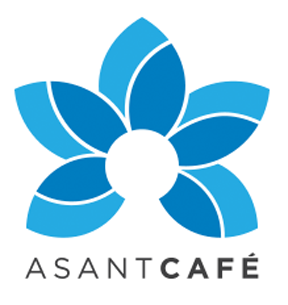 ASANT Café is the Alzheimer Society of Alberta and Northwest Territories’ answer to online support services and awareness. The Café is a 24-hour resource for people living with dementia, care partners and those looking for general information.
ASANT Café is the Alzheimer Society of Alberta and Northwest Territories’ answer to online support services and awareness. The Café is a 24-hour resource for people living with dementia, care partners and those looking for general information.